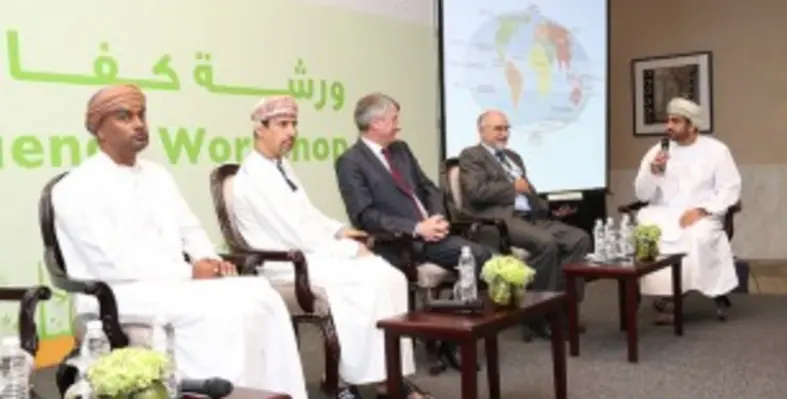Petroleum Development Oman (PDO) and the EU-GCC Clean Energy Technology Network is organising a two-day executive workshop that started on 28 October 2018 in Muscat, Oman
The event gathered more than 180 experts representing policy makers, authorities, industry, building energy-users, engineers and technology providers as well as academicians and researchers.
Energy efficiency policies, technologies and practices for the industrial and building sectors in the European Union (EU) and in the Gulf Cooperation Council (GCC) region are being discussed.
The GCC countries are now embarking on a clean energy transition pathway, which targets more sustainable, efficient and cost-effective methods for using energy. Energy efficiency measures and technologies, including smart technologies and smart cities, can play a major role in reducing energy intensity and thus emissions.
Raoul Restucci, managing director of PDO, said, ?PDO has made considerable achievements on energy efficiency both in our hydrocarbon and non-hydrocarbon portfolios and we all must continue to engage with academics and researchers to share best practice and seize opportunities in pursuit of a greener, more diversified economy.
?Events such as this show the rising importance of energy efficiency and management as we seek to curb carbon emissions and address climate change,? he added.
Taina Sateri, trade counsellor in the European Union Delegation in the UAE, stated, ?On energy efficiency, the European Union is keen to share with Oman and the GCC region the lessons learnt and best practices on energy efficiency standards, policies and best practice technologies, and on promoting research co-operation. EU countries have implemented energy efficiency measures in all sectors, and these have contributed considerably to a decrease in EU energy consumption.?
?With legislation and ambitious programmes we expect considerable benefits in the future. In June 2018 a political agreement was reached for a binding energy efficiency target for the EU for 2030 of 32.5 per cent, with a clause for an upwards revision by 2023,? Sateri added.
?This PDO-EU GCC Clean Energy Technology Network executive workshop brings together policy, technology and research representatives to debate key challenges and partnership opportunities for the energy efficiency sector in the two regions? noted Mustapha Taoumi, energy technology expert of the EU GCC Clean Energy Technology Network, during his opening address.
?The EU GCC Clean Energy Technology Network is a mechanism that can facilitate this interaction and exchange among the two regions? he concluded.








